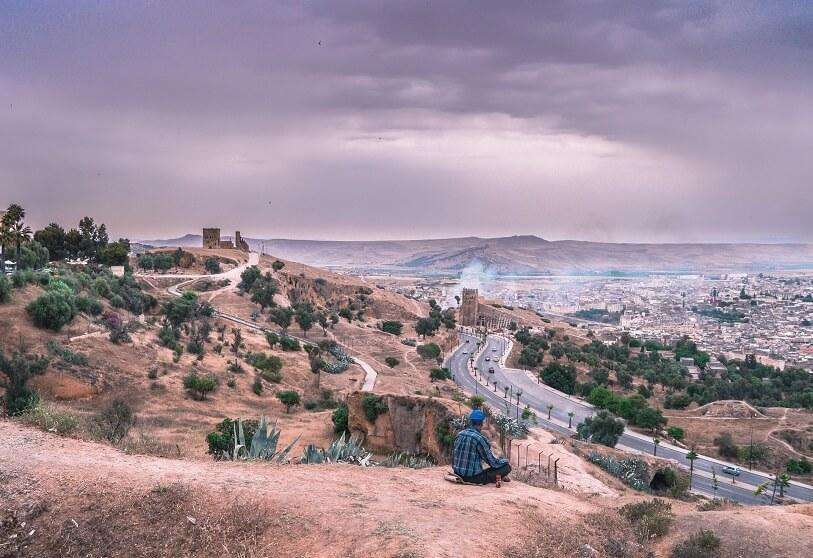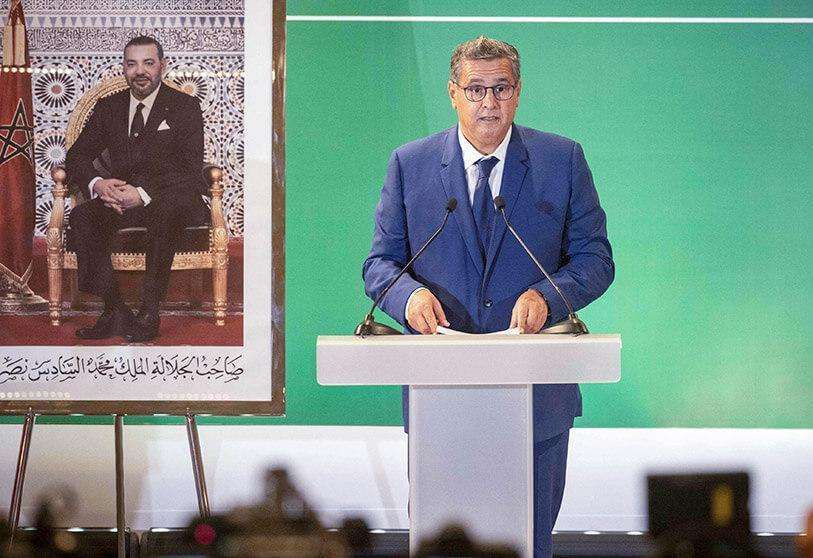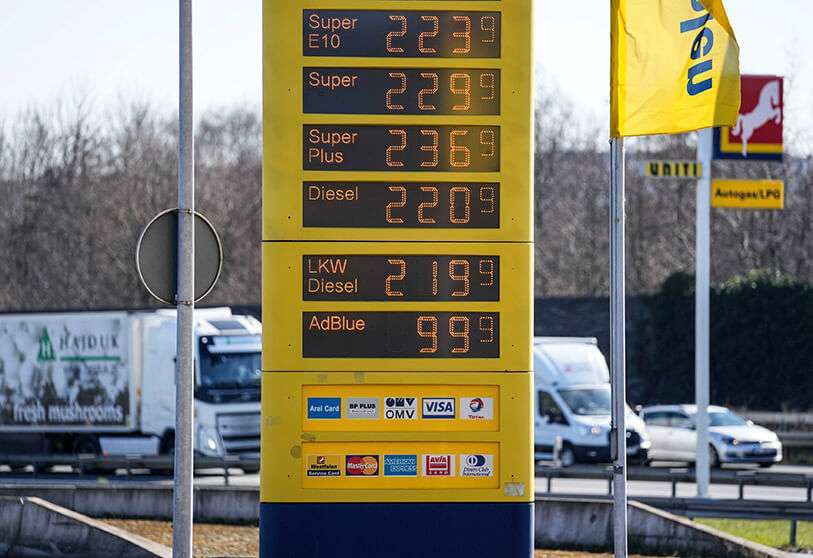Marruecos introduce nuevas medidas para mejorar la situación del sector del transporte

Mohamed Abdeljalil, Minister of Transport and Logistics, has just announced that new measures will be introduced in the transport sector, following the recent strikes where several associations protested against the rise in the price of petrol. Abdeljalil points out that the measures are the result of more than ten meetings, where both senior officials of the Ministry and the country's leading transport associations have met and agreed on several points.
The Moroccan government, for its part, has reported on the agreements that have been signed with the employers' associations. First of all, the minister declared at a press conference that his ministry will allocate 250 million dirhams to the destruction and renewal of the country's vehicle fleet. He also announced the donation of 100 million dirhams for the training of professional drivers, and another of his points was to simplify and facilitate the vehicle registration process.
To this end, Abdeljalil confirmed that users and novice drivers will be able to use the services provided by Barid Ban and Barid Cash to issue new number plates. This will be implemented by the end of March, although the minister recalled that the transfer of ownership of vehicles can also be completed in these entities but by the end of the year.

These will be the most important measures to be implemented, although other issues related to the sector have also been discussed at the meetings. According to the ministry's communiqué, a digitalisation of the sector is planned, especially in the area of filing complaints and appeals related to infringements. This would make it easier for those fined to avoid having to travel to the authorised points and they would be able to use an easier and quicker telematic method to pay their debts.
Another point has been to discuss whether it is feasible to generalise social security for professional drivers, although they point out that this rule will be implemented at a later date, when it is fully studied and feasible.
These actions follow the recent strike in the sector, which had a considerable national impact and lasted 72 hours. The event is due to the recent rise in petrol prices, which is causing serious problems worldwide as many people can no longer afford to fill up at exorbitant prices.

Mohamed Mouttaki, a member of the National Democratic Union of the Taxi Sector, points out that, right now, filling the tank costs more than 11 dirhams per litre. This, in turn, means a price increase and a further sacrifice for drivers who have to spread out 30 dirhams in daily expenses. "We cannot bear this increase on our own," commented the taxi driver.
The problem has been present for quite some time now and the main associations involved in the sector in the Kingdom have already called for solutions to be proposed in the face of this price increase. In mid-February, the Moroccan Association of Transport and Logistics (ATML) called for a 20% increase in transport fares to compensate for the price increase so that workers would not end up losing money. The crisis is so serious that many have already declared bankruptcy, unable to cope.

Despite this, the Moroccan government has not been able to solve this problem because it does not come directly from them, and the trade unions have expressed their dissatisfaction with the government. Experts point out that this increase is a direct result of the conflict between Russia and Ukraine, and the rise in inflation due to the outbreak of the coronavirus. Russia is one of the main countries with the most oil and fuel in the world, so the economic blockade that is being imposed on it to end the war is leading to this type of situation.
The rise in petrol prices is also occurring in other countries around the world, so the situation is being experienced in all those places that also depend on Russian oil and gas.








